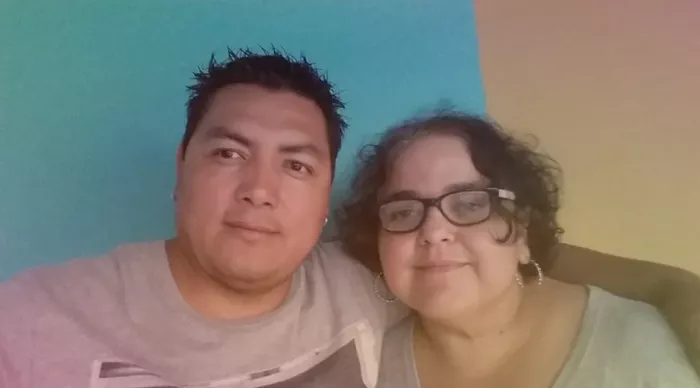The U.S. Supreme Court ruled against a Los Angeles woman who claimed her constitutional rights to marriage and due process were violated when her Salvadoran husband was denied an immigration visa partly because of his tattoos. These tattoos, which included images of Sigmund Freud, theatrical masks, a tribal design with a paw print, and the Virgin of Guadalupe, were wrongly interpreted as linked to the MS-13 gang, according to the couple.
On June 21, the justices ruled 6-3 that Sandra Muñoz, a U.S. citizen and civil rights attorney, does not have a fundamental liberty interest in her noncitizen spouse being admitted to the country. This decision upheld the 2015 visa rejection that has kept her separated from her husband, Luis Asencio-Cordero, for nearly a decade.
Asencio-Cordero’s visa was initially denied during a final interview in El Salvador. A consular officer cited “reasonable ground to believe” he might engage in “unlawful activity,” despite his lack of a criminal record in both El Salvador and the U.S. Asencio-Cordero appealed to the Department of State, but the consulate’s decision was upheld.
The couple sued the department in 2017, arguing that officials violated Muñoz’s constitutional rights by not providing a sufficient reason for declaring Asencio-Cordero inadmissible under the “unlawful activity” bar.
Two years into the lawsuit, the couple discovered Asencio-Cordero’s application was partly rejected because of his tattoos. Both Asencio-Cordero and a court-approved gang tattoo expert denied any connections between the tattoos and MS-13.
Justice Amy Coney Barrett delivered the court’s opinion, stating Muñoz’s argument failed because she did not have a right to bring her noncitizen spouse into the country. Barrett noted that Muñoz needed to show that this right is “deeply rooted in this Nation’s history and tradition.”
In a dissenting opinion, Justices Elena Kagan and Ketanji Brown Jackson joined Justice Sonia Sotomayor in expressing concern over the apparent erosion of fundamental marriage rights. Sotomayor quoted a 2015 decision legalizing same-sex marriage: “The right to marry is fundamental as a matter of history and tradition.”
Eric Lee, the couple’s attorney, called the ruling “another shovel of dirt on the coffin of American democracy” and criticized the Biden administration for appealing a Ninth Circuit Court of Appeals decision that had ruled in the couple’s favor. Lee highlighted the irony of last week’s passage of parole in place immigration relief, which Asencio-Cordero would have qualified for if he had not tried to follow the legal process years ago.
“We are deeply dissatisfied by today’s decision and by the actions of the administration throughout this litigation,” Lee said, “but we will never stop fighting for separated families.”

